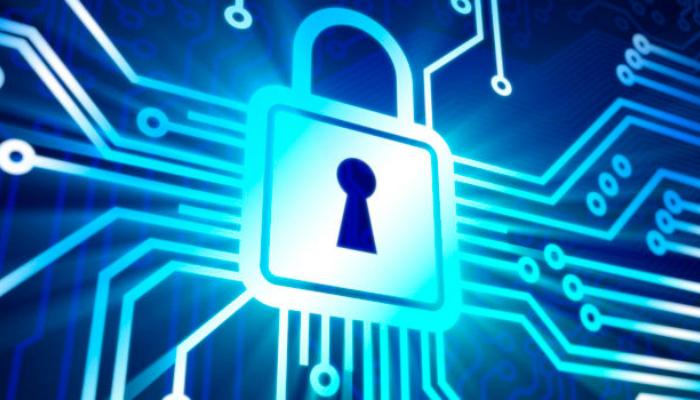Top 10 Tips for Enhanced Banking Security
In an increasingly connected world, where online financial transactions are carried out routinely, banking security plays a crucial role in protecting both individuals and financial institutions.
With the exponential growth of online activities and the constant improvement of the methods used by cybercrimes, it is essential to adopt proactive measures to protect your information and avoid falling for scams and fraud.
In this comprehensive guide, we’ll explore strategies for maintaining your financial security, providing valuable tips for avoiding online traps and protecting your data against digital threats.
Avoid Phishing in Banking Transactions
Phishing is a common technique used by criminals to deceive people and steal their personal and financial information. To avoid falling victim to phishing scams during online banking transactions, it’s essential to be aware of warning signs.
Always verify the authenticity of emails and messages received from financial institutions, avoid clicking on suspicious links, and never provide confidential information via email or message.
Create Secure Passwords for Online Banking
A strong password is one of the best defenses against cyber attacks. When creating a password for your online banking account, make sure to use a combination of uppercase and lowercase letters, numbers, and special characters.

Avoid using obvious personal information or predictable sequences. Additionally, it’s advisable to regularly change your passwords and not reuse them across different platforms.
Prevent Malware Attacks in Banking
Malware, such as viruses, trojans, and spyware, can compromise the security of online banking transactions. To protect your devices against malware, always keep your antivirus and antimalware software updated.
Additionally, avoid clicking on suspicious links or downloading files from untrusted sources. Keeping your operating system and applications up to date is also crucial to patch known vulnerabilities.
Protect Personal Information in Financial Transactions
Social engineering scams are designed to manipulate individuals into divulging confidential information or carrying out harmful actions. Exercise vigilance when dealing with phone calls, emails, or messages that request personal or financial information.
Keep in mind that legitimate financial institutions will never solicit confidential information over the phone or via email. Stay alert and cautious to safeguard your financial security.
Avoid Social Engineering Scams in Banking
Social engineering scams are designed to manipulate individuals into divulging confidential information or carrying out harmful actions. Exercise vigilance when dealing with phone calls, emails, or messages that request personal or financial information.
Keep in mind that legitimate financial institutions will never solicit confidential information over the phone or via email. Stay alert and cautious to safeguard your financial security.
Device Security for Banking Transactions
The security of the devices you use for banking transactions is crucial to protect your financial information. Ensure that your devices, such as computers, smartphones, and tablets, are protected by strong passwords and up-to-date security software.
Avoid using unsecured public Wi-Fi networks when accessing your online banking accounts and keep your devices locked when not in use.
Avoid ATM Frauds
ATMs can be targets for fraud, so it’s important to take precautions when using them. Always check the ATM for skimming devices or hidden cameras before inserting your card.
Avoid entering personal information if there are signs of tampering on the ATM, and always cover the keypad when entering your PIN.
Verify Authenticity of Banking Sites
Ensuring the legitimacy of online banking sites is paramount to safeguarding your financial information. Always scrutinize the URL, making sure it starts with “https://” and displays a padlock icon in the address bar, signifying a secure connection.
Avoid the temptation to click on links in emails or messages, as they may lead to phishing sites. Instead, manually type the website address into your browser to mitigate the risk of falling victim to fraudulent schemes.
Protect Bank Accounts Against Unauthorized Access
Protecting against unauthorized access to your bank accounts is essential to ensure financial security. Enable two-factor authentication whenever possible to add an extra layer of security.
Regularly monitor your bank accounts for any suspicious activity and immediately contact your bank if you identify any unrecognized transactions.
Stay Updated on Threats in the Financial Sector
Stay informed about the latest threats and trends in the financial sector to ensure you’re prepared to face new security challenges.
Keep up with news about banking frauds and common scams and be aware of security measures recommended by experts. Staying informed is crucial to protect your finances against emerging threats.
By implementing these banking security tips, you will be better equipped to protect your financial information and avoid online fraud and scams. Always remember the importance of vigilance and ongoing cybersecurity education to keep your finances safe and secure.





